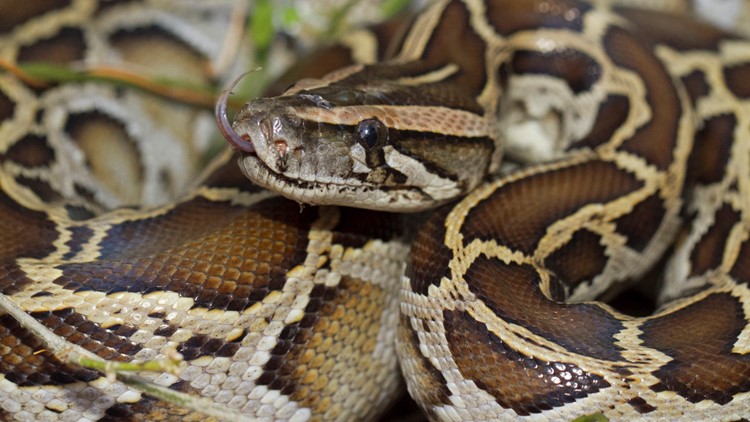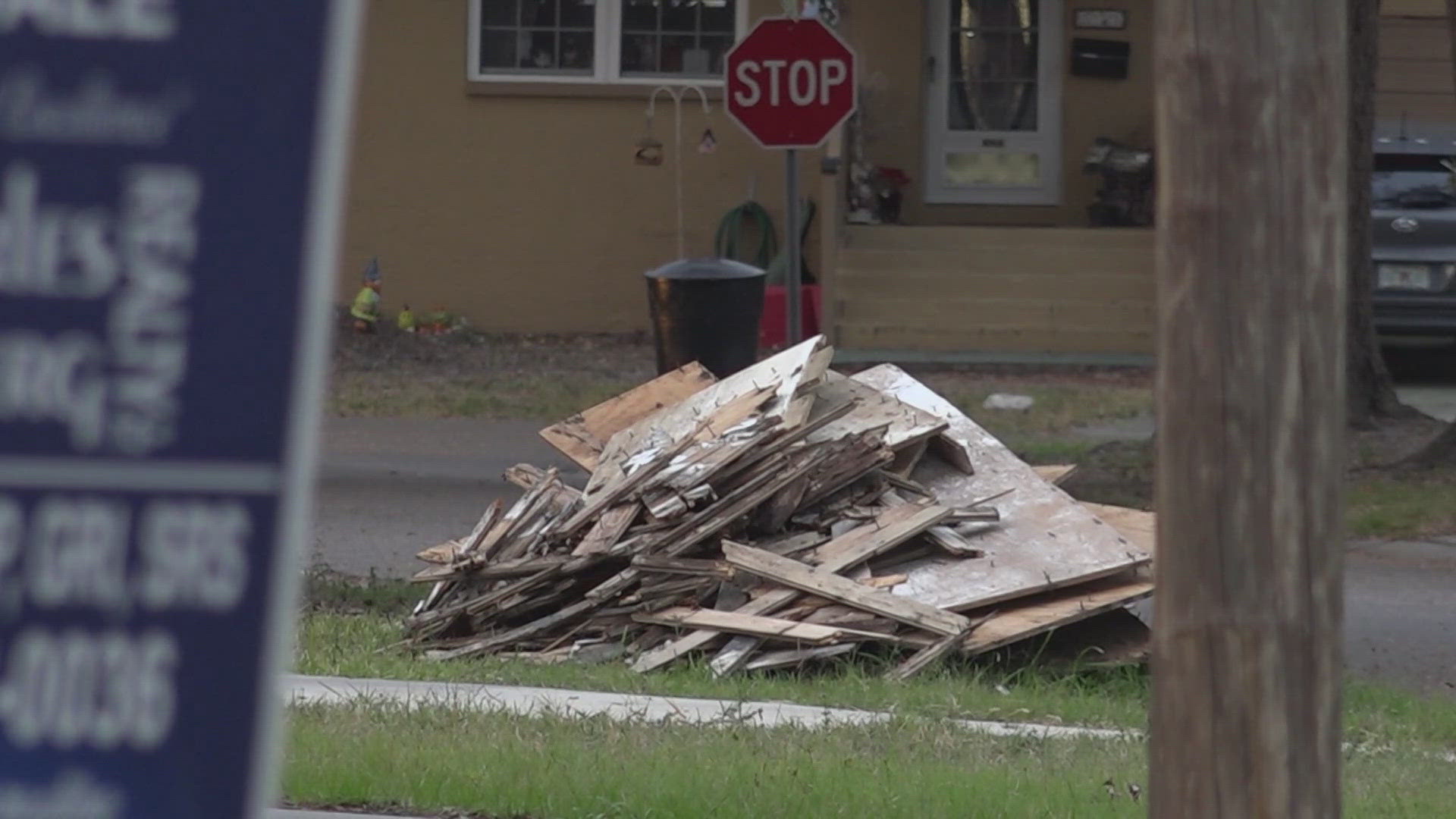ST. PETERSBURG, Fla. — As Tampa Bay communities affected by recent back-to-back Hurricanes Helene and Milton continue to recover, experts with the U.S. Geological Survey (USGS) say floodwaters from those storms may increase the spread of invasive wildlife and plant species.
According to preliminary maps, Helene's impacts show 90 possible invasive species have the potential to spread from storm-related flooding while Milton's impacts show 56 invasive species.
"Invasive species are non-native species whose introduction causes or is likely to cause economic damage, environmental harm, or a risk to human health or cultural practices," USGS officials said in a news release.
Those species can have the following negative impacts on the area they inhabit, according to the agency:
- Decrease agricultural production
- Compete with native plants and wildlife
- Impair critical water infrastructure
- Transmit disease to wildlife and humans
- Threaten commercial and native fisheries
- Cost governments and industries billions of dollars
In the release, USGS botanist Ian Pfingsten said since Florida was hit by two hurricanes just weeks apart, there is a lot of overlap when it comes to species that may have been spread, including many of the state’s well-known invasive species, such as the Burmese python.
Other species of concern that may have been spread by the storms include the giant apple snail and the Asian swamp eel.
"The giant applesnail is an agricultural pest while the swamp eel impacts populations of native species where it has established. Both species can pose a risk to human health as they are known to carry parasites," USGS officials said.
Cuban treefrogs and alligatorweed also have the potential to spread.
"Cuban treefrogs prey on and outcompete native frog species, impact infrastructure, and secrete a noxious chemical that can cause burning in the eyes or nose if a human handles them," officials said. "Alligatorweed can clog waterways, impact infrastructure, and can lead to stagnant water that supports mosquitos breeding."



